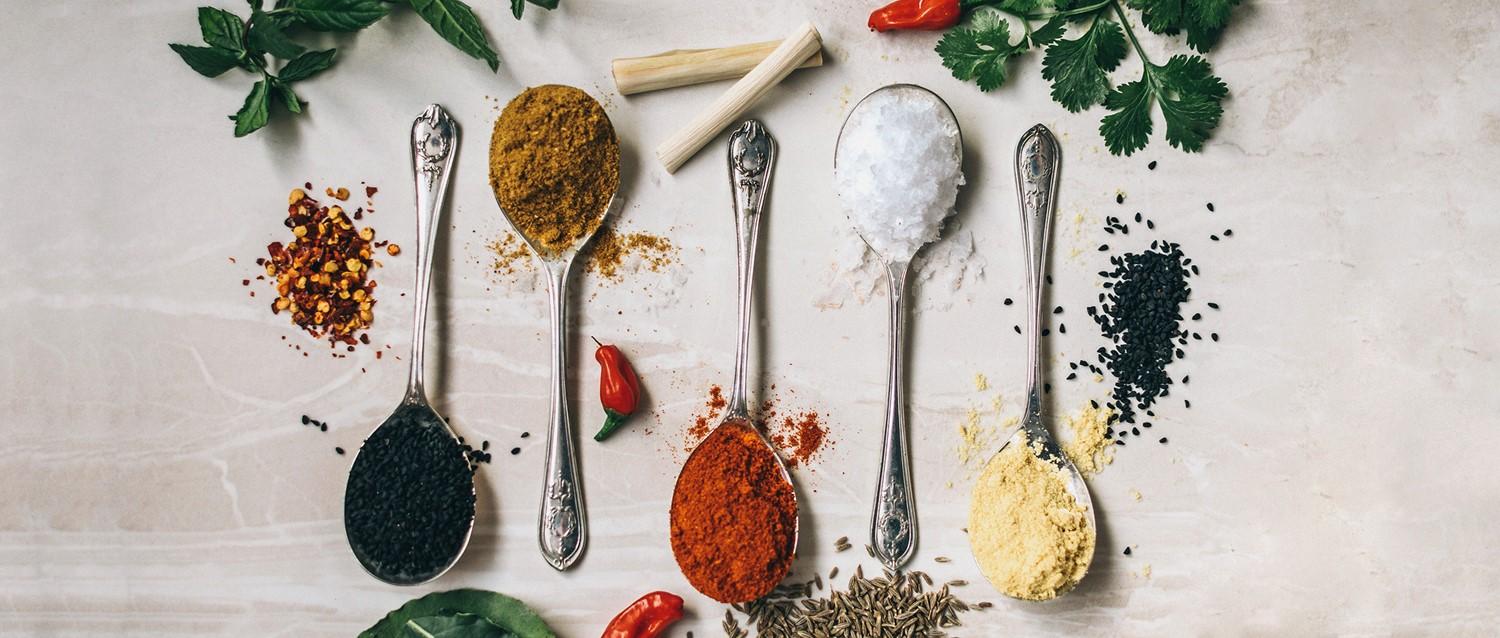
Does eating spicy food help you lose weight?
Peer reviewed by Dr Sarah Jarvis MBE, FRCGPLast updated by Gemma GrangeLast updated 10 Apr 2018
Meets Patient’s editorial guidelines
- DownloadDownload
- Share
- Language
- Discussion
Many of us have a love-hate relationship when it comes to spicy food. Either you're smothering everything you eat with hot sauce, or you're shying away from a korma. But could a little red pepper or two in your meals actually be good for you? It's time to turn up the heat.
In this article:
Video picks for Obesity and weight loss
Many of us understandably avoid meals containing chilli, due to the effects of capsaicin (the heat-causing chemical inside) and the reactions it can cause in our mouths and digestive system. However, there are claims that spicy food can actually boost your metabolism and help with weight loss. So what does the evidence show?
Continue reading below
Chillies and weight loss
It turns out there have been several scientific studies published that have linked hot chilli peppers with weight loss.
"Capsaicinoids are a group of chemicals naturally occurring in chilli peppers," explains nutritionist Emma Derbyshire. "They have properties that may help to support weight management."
Derbyshire reveals that while everyone's bodies react to spice very differently, the research indicates that: "A daily consumption of capsaicin may contribute to weight loss through reductions in energy intake."
She explains that this means eating spicy food could potentially make you want to eat fewer calories than you otherwise would. This could be the main reason hot food is sometimes associated with weight loss.
Spice up your metabolism?
Back to contentsBut do chillies actually speed up your metabolic rate? And what do we mean by metabolism anyway? Nutritionist Rose Constantine-Smith explains:
"Metabolism is 'the process of generating energy from nutrients'. Put simply, it is the process that our body has to go through to get energy from the food we eat."
She explains that the energy our body uses to simply exist (for our vital organs to function) makes up between 56-80% of our total energy. It is described as our basal metabolic rate (BMR). It does not take into account anything else like walking, talking or eating."
So a low metabolism might be more accurately described as 'low BMR'. Constantine-Smith explains that everyone's BMR is different. And there are several things which can affect it, she reveals:
Genes
The way you use energy can be affected somewhat by your genetics, although this isn't fully understood yet.
Body composition
Muscle burns more energy than fat so the higher the muscle-to-fat ratio someone has, the more energy they will burn.
Sex
As, in general, men tend to have a higher muscle-to-fat ratio than women, their BMR is higher.
Age
As we get older, our BMR tends to reduce. This is thought to be due to the loss of muscle which is often seen in ageing.
Body weight
The bigger the body, the more energy required to sustain it.
But does a slow metabolism cause weight gain? Unfortunately, says Constantine-Smith, it's not that simple.
"The majority of the time, current evidence does not indicate this. Especially as a larger body actually requires more energy to survive. There are some exceptions - an underactive thyroid gland, for instance, slows your metabolism and usually leads to weight gain even though you're not eating more. But people can gain weight for many reasons, such as eating more than your body requires, lack of exercise, stress, lack of sleep, and illness."
So can chillies help? Constantine-Smith says: "It's true that the capsaicin chilli has been found, in some studies, to increase the rate of our metabolism and therefore the speed at which we burn calories. However, these claims are weak. And even if it's true, the effect is only very, very minimal and appears to only be a short-term, temporary thing."
Continue reading below
Our hot take
Back to contentsSo there you go: a hint of spice may be beneficial every now and again but don't expect it to be a quick fix.
If you're not a fan of spicy food, don't panic! There are much more effective ways of losing weight without having to make yourself uncomfortable. You're much better off improving your diet, exercising more and sleeping well.
When it comes to chillies, eat them because you like the flavour, not because you think they're going to help you to shed the pounds.
Patient picks for Obesity and weight loss

Healthy living
Problems caused by being underweight
The media are full of scare stories about how many of us are obese and how much damage excess weight does to our health. But what happens when our bodies have less fat or essential nutrients than we need for good health?
by Dr Sarah Jarvis MBE, FRCGP

Healthy living
Beyond diet and exercise: understanding holistic weight management
If you’ve come across the term holistic treatment, you might wonder what it really means. Put simply, holistic treatment focuses on the whole person - not just the physical body, but also the emotional, mental, and social aspects of health. In this article, we’ll explore the concept of holistic weight loss and how it can complement other treatments and weight management strategies.
by Victoria Raw
Continue reading below
Article history
The information on this page is peer reviewed by qualified clinicians.
10 Apr 2018 | Latest version

Ask, share, connect.
Browse discussions, ask questions, and share experiences across hundreds of health topics.

Feeling unwell?
Assess your symptoms online for free
Sign up to the Patient newsletter
Your weekly dose of clear, trustworthy health advice - written to help you feel informed, confident and in control.
By subscribing you accept our Privacy Policy. You can unsubscribe at any time. We never sell your data.